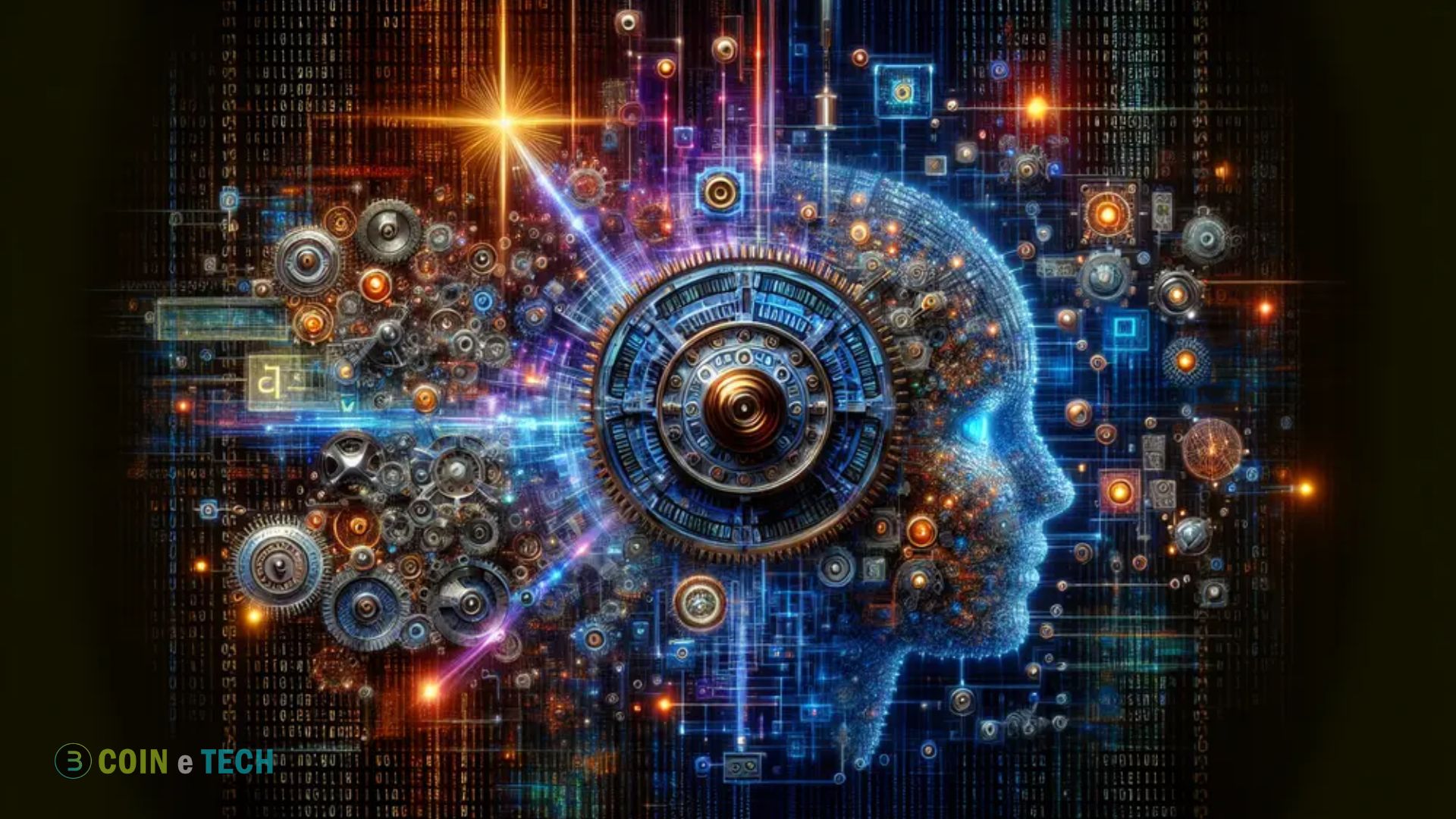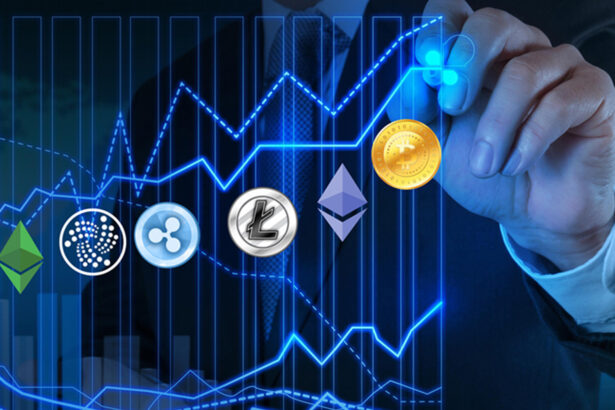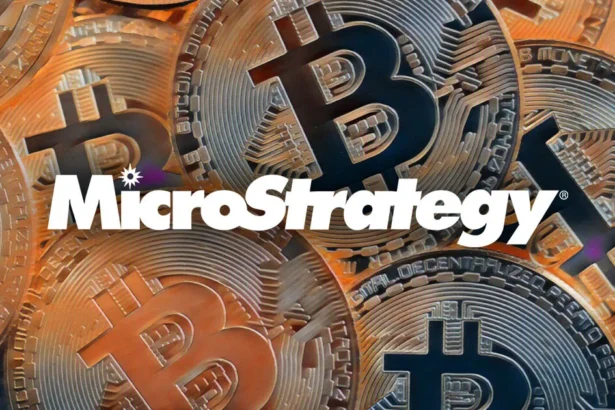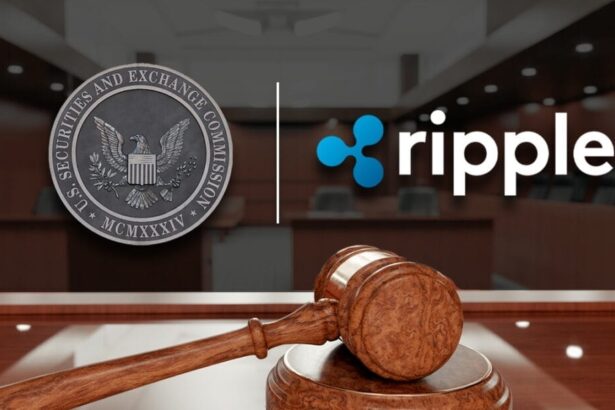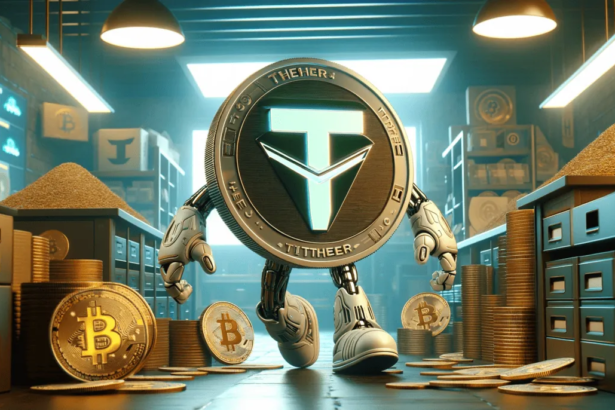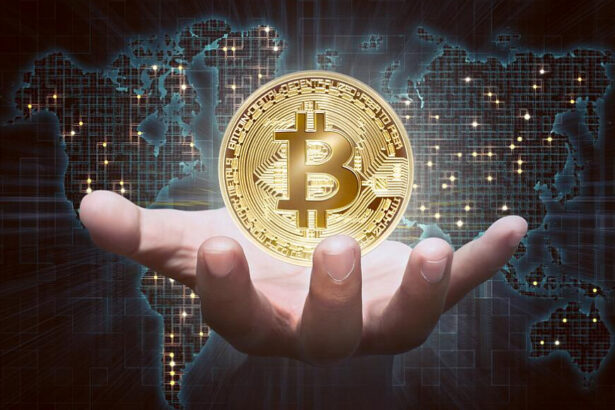In 2024, the convergence of artificial intelligence (AI) and blockchain technology has reshaped various sectors, from finance to healthcare, governance, and beyond. As AI continues to revolutionize industries with its data analysis, automation, and machine learning capabilities, blockchain offers a secure, decentralized framework for storing, sharing, and verifying data. Combining these two powerful technologies gives birth to a new paradigm—AI Tech Crypto.
In this article, we’ll explore how AI and blockchain interact within the cryptocurrency space, the opportunities and challenges posed by this hybrid field, and the role AI-driven cryptocurrencies could play in the future of decentralized finance (DeFi).
The Synergy Between AI and Blockchain
Enhanced Security and Data Integrity
Blockchain technology, by design, is decentralized and immutable. A network of nodes verifies each transaction or data entry, and once a block is added to the chain, it becomes nearly impossible to alter or tamper with. This creates a secure environment for storing valuable data, such as financial transactions, medical records, and identity information. Conversely, AI requires large amounts of data to learn, adapt, and make predictions. By leveraging blockchain security, AI can access trustworthy datasets, minimizing the risk of data tampering and bias.
For instance, AI systems used in financial markets or healthcare need secure and reliable data for training. With blockchain, each data point is traceable, providing transparency about the data’s source and ensuring the AI algorithms make decisions based on verified, high-quality information. This transparency could foster more trust in AI models used in critical sectors.
Decentralized AI Models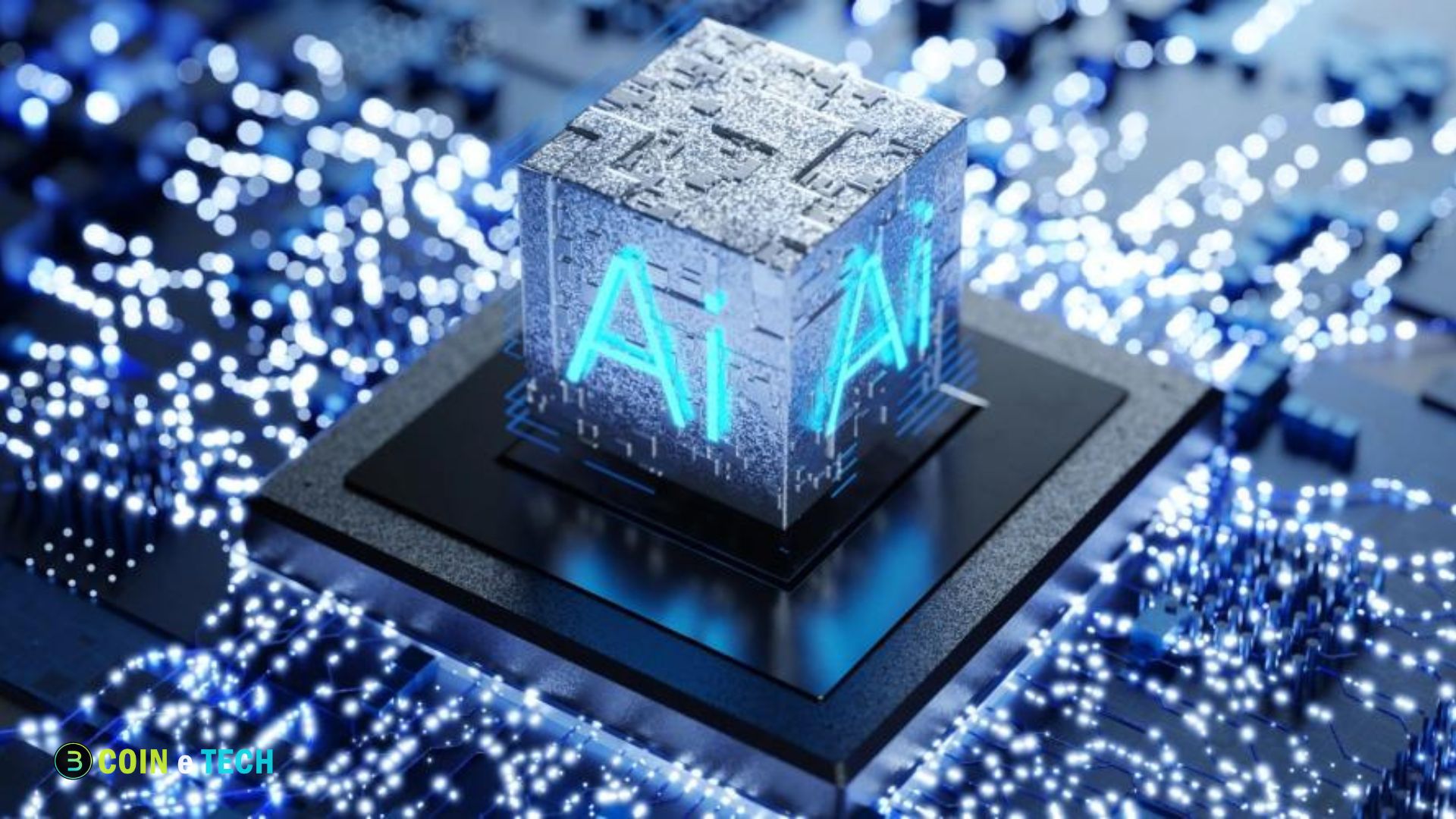
A key challenge in AI development today is the centralization of AI models. Big tech companies like Google, OpenAI, and Amazon control many of the world’s AI resources. This centralization raises concerns about bias, data privacy, and monopolization of AI tools. Blockchain offers a way to decentralize AI by creating networks where multiple contributors can develop and improve AI models collaboratively, transparently, and distributedly.
In a decentralized AI ecosystem, developers worldwide can contribute to the training and validating of AI models without relying on a single entity. For example, blockchain projects like SingularityNET are working to create a decentralized marketplace where developers can exchange AI services, and individuals can use these services without needing to trust a centralized authority.
Smart Contracts and Automated Decision-Making
AI also plays a pivotal role in automating and optimizing smart contracts, a fundamental feature of blockchain technology. Smart contracts are self-executing contracts where the agreement terms are written directly into code. They execute automatically when the conditions are met, eliminating intermediaries and reducing costs.
AI can enhance smart contracts by automating more complex decision-making processes. For example, AI algorithms could assess real-time data to determine if certain conditions in a smart contract have been met. In insurance, an AI-powered smart contract could process claims automatically based on data from IoT devices, verifying that certain events (e.g., car accidents or floods) have occurred without human intervention.
AI-Driven Cryptocurrencies
Autonomous Token Management
AI-driven cryptocurrencies are gaining traction as blockchain networks look to automate token management and improve market efficiency. AI is integrated into the protocol in these systems to manage and optimize liquidity, price stability, and transaction speeds.
For example, some DeFi protocols use AI to predict market trends and adjust liquidity pools dynamically, ensuring their platforms remain robust even during periods of high volatility. AI-powered bots can execute trades and rebalance portfolios autonomously, optimizing returns for users in real time. This fusion of AI with DeFi reduces human error and enables faster, more accurate decision-making.
One notable example of AI-driven crypto is Numerai, a hedge fund that uses machine learning models contributed by data scientists worldwide to make trading decisions in the stock market. Numerai pays contributors in NMR tokens based on the accuracy of their models, effectively crowdsourcing AI to manage a decentralized financial ecosystem.
Prediction Markets and AI Algorithms
Prediction markets are another area where AI and blockchain intersect. In these markets, participants bet on the outcome of future events, ranging from election results to cryptocurrency prices. Traders and companies can use the predictions to make informed decisions. AI can improve the accuracy of prediction markets by analyzing historical data, identifying patterns, and making highly accurate forecasts.
Predicting the future of cryptocurrency is another application of AI algorithms. To predict the future value of cryptocurrencies, AI may look at market sentiment, price trends over time, and conversations on social media. Using machine learning algorithms to automate transaction prediction and execution, Fetch.ai develops decentralized digital economies.
Challenges at the Intersection of AI and Blockchain
Scalability and Computational Power
Both AI and blockchain are resource-intensive technologies. AI requires significant computational power for training models, while blockchain networks, particularly proof-of-work systems like Bitcoin, demand large amounts of energy to validate transactions. Combining these two technologies can be challenging from a scalability perspective.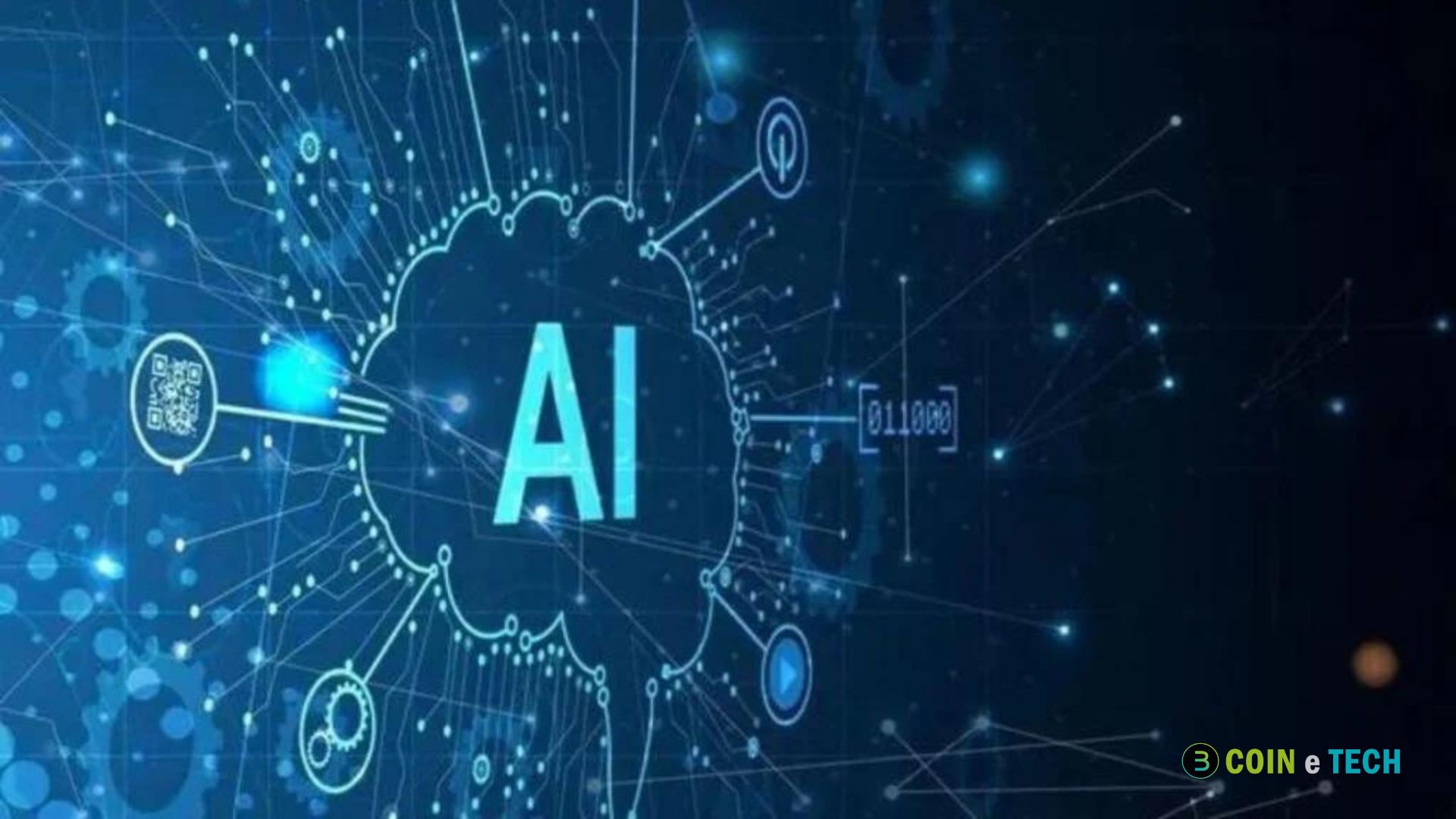
AI-based tasks like deep learning model training can be computationally expensive and slow. When these tasks are incorporated into a blockchain, the decentralized nature of the network means that each node must verify computations, potentially slowing down the system further. Addressing these computational challenges will ensure that AI and blockchain can scale together effectively.
Data Privacy Concerns
While blockchain provides a secure and transparent way to store data, AI’s hunger for data can raise privacy concerns. AI models often require access to large datasets to improve accuracy and decision-making capabilities. However, the very nature of blockchain, where data is visible to all nodes in the network, may conflict with privacy requirements, particularly in sensitive sectors like healthcare or finance.
Privacy-enhancing technologies like zero-knowledge proofs (ZKPs) and federated learning are being explored as potential solutions. ZKPs allow one party to prove to another that a statement is true without revealing the information. Federated learning trains AI models on several decentralized devices without transferring data, protecting privacy.
Regulatory and Ethical Considerations
Integrating AI into the decentralized and unregulated blockchain world raises significant regulatory and ethical questions. AI can be a powerful tool for financial automation and decision-making, but it can also be used maliciously for market manipulation or to exploit vulnerabilities in smart contracts. Furthermore, there are concerns about AI-driven systems making decisions without human oversight, especially in high-stakes areas like finance and healthcare.
Governments and regulatory bodies will need to establish clear guidelines to govern the use of AI in blockchain ecosystems. This includes setting transparency, accountability, and fairness standards in AI decision-making processes. Ethical considerations around AI bias, accountability, and the impact of AI-driven automation on jobs also need to be addressed.
Future Outlook
As we move towards 2025, combining AI and blockchain will drive innovation across multiple industries. AI-driven cryptocurrencies and decentralized AI ecosystems could redefine finance, making markets more efficient and accessible. We may see the emergence of fully autonomous decentralized organizations (DAOs) run entirely by AI, optimizing governance and decision-making processes without human intervention.
AI-powered smart contracts could streamline insurance claims and patient data management in healthcare, ensuring accuracy and security. Meanwhile, AI-driven DeFi platforms may become the backbone of a new financial system with minimal human oversight, offering unparalleled speed, efficiency, and accessibility.
While scalability, regulation, and ethical concerns remain, the AI Tech Crypto space holds enormous potential. As technology advances, the lines between AI, blockchain, and decentralized finance will continue to blur, creating new opportunities for innovation and disruption. The era of AI Tech Crypto has just begun, and its full potential is yet to be realized.

